For a long time, my husband has been a water filter fanatic. He just loves them. I, on the other hand, have been a bit dubious regarding the actual effectiveness of water filters and have thought of them as merely a way to make tap water more expensive!
As I have tried my best to give up sugar over the last year and a half (I was totally addicted to Pepsi Max and drank 2 litres a day!) when I am at home water (along with tea and coffee) is my main drink and now I drink 2+ litres of water a day, much healthier you may think.
However, I have recently been watching an online US docu-series called Broken Brain in which Doctors and experts discuss the various brain disorders plaguing our society such as dementia, anxiety, ADHA and others could be caused by environmental toxins, immune problems, heart health and toxic beliefs.
One of the main environmental toxins discussed in the series is the issue of water which can be laced with heavy metals and other contaminants which can wreak havoc in the body.
Now, the series is based in the US and British tap water is described as being among the best in the world with millions of tests being conducted annually to guarantee the best possible quality of water, so it is likely that we don’t have the same extent of contaminants here but I wanted to take a deeper look for myself.
I came across the ZeroWater filter on Amazon when browsing for a water filter for myself after watching the docu-series and was attracted to its description of having a five-stage filtration system and the fact that it came with a lab grade digital water quality meter which measures the exact Total Dissolved Solid reading of water so you can compare water before and after filtering to see the actual difference.
I purchased the 7 cup sized BPA free ZeroWater filter which comes with one of their five stage filters which doesn’t just use carbon filtering but uses Ion Exchange Technology to reduce contaminants. They are NSF certified to reduce lead and other heavy metals. The filter reduces metals, salts, minerals, chemicals and runoff to provide pure great tasting water.
I really love how the filter looks, it’s a bit bulkier than our Brita filter (probably due to the fact that the filter is much bigger in the ZeroWater filter), but it has clean lines and a really nice pouring spout that means the water pours a little further away from the body of the filter which I think is a nice action.
The filter is easy to use; simply pop open the top and fill the top compartment with water from the tap. I do have a slight bugbear in that this compartment is reasonably small and fills quickly but the filter does it’s magic slowly which means you only get about a third of a filter’s worth of water in it at any one time so if you want a full filter of water you need to go back to the tap several times.
As you can see from the photographs below I tried out the digital water quality meter before putting my tap water through the filter and it came up with a reading of 344. After being put through the filter the digital water quality meter amazingly showed a measurement of 000!
Out of interest, I tested the water once it had been through the Brita filter and the result was 165 – admittedly I am not sure how fresh the Brita filter was at the time.
I was shocked to discover that our tap water, at a level of 344, has exceptionally high levels of dissolved solids according to the leaflet that came with the ZeroWater Filter. The higher the level of contaminants the shorter the life of the filter, at a level of 344 the filter will be able to purify 30-55 litres of tap water before needing to be changed. They recommend you change the filter once the reading gets to 006.
The bit of bad news is the cost of the filters – obviously you will need to change them at a rate based on your water quality but they come in at around £20 which is much dearer than the Brita filters which come in at a pack of 6 for around £15. I am not too worried about this cost because I see it as an investment in my future health, however, it is worth considering.
As to how the water tastes once it has been through the filter I can honestly say I do taste a difference. The water somehow feels smoother and fresher than before. I do struggle to drink plain tap water but since I’ve been using the ZeroWater filter I have found it easier to drink water on its own which is a bit of a revelation for me.
Overall I have found the ZeroWater filter reassures me as to the level of toxins I am getting from drinking tap water. As dementia runs in my family I am more weary of protecting myself from any potential causes of brain injury so along with a plant-based diet my ZeroWater filter is a weapon of choice.
I award the ZeroWater filter 5 out of 5 stars for peace of mind. I actually have added both the 20 Cup Ready Pour Dispenser and the 26oz Portable Filtration Tumbler to my wish list.
Have you tested your tap water quality or use a filter?
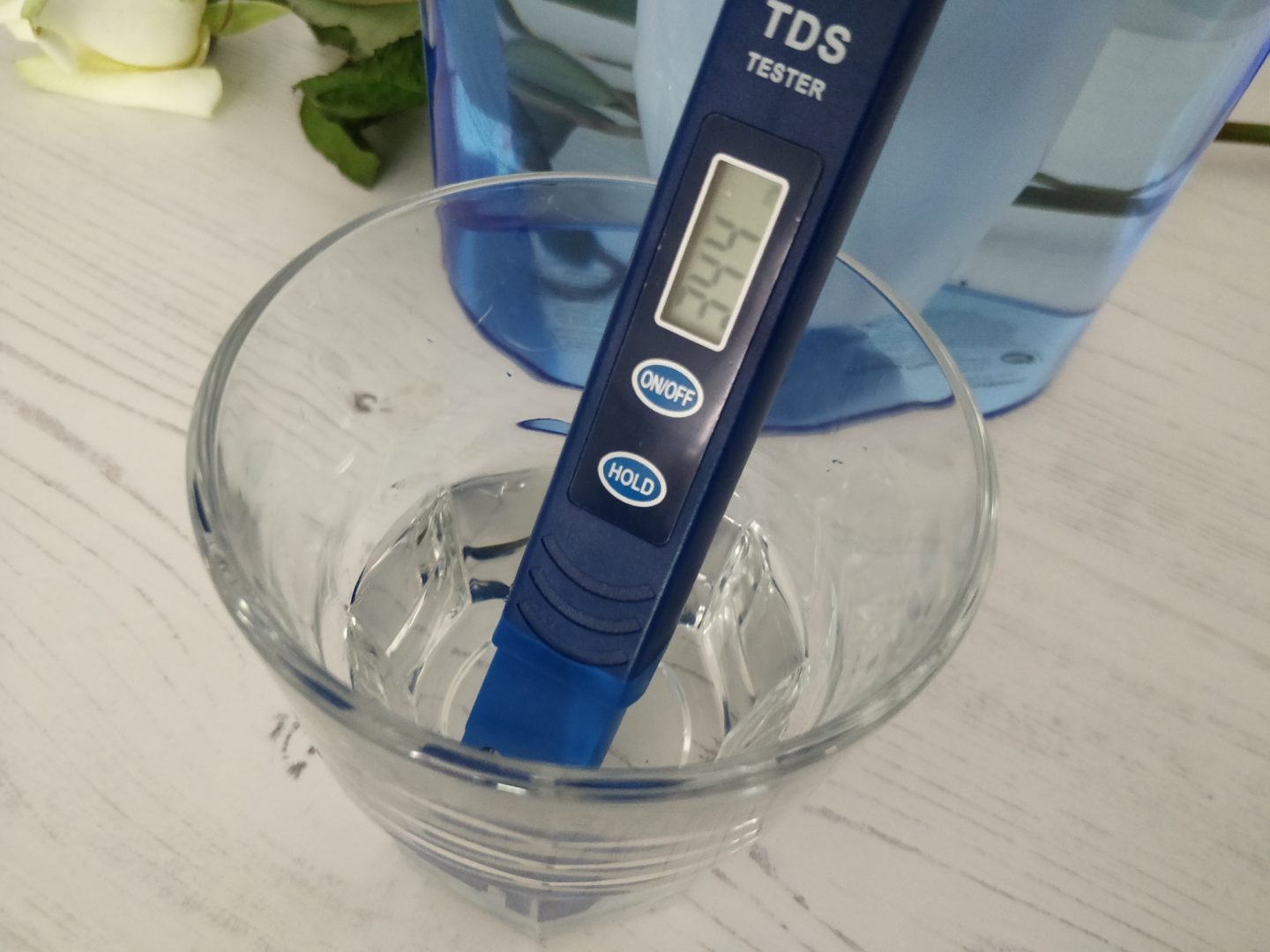
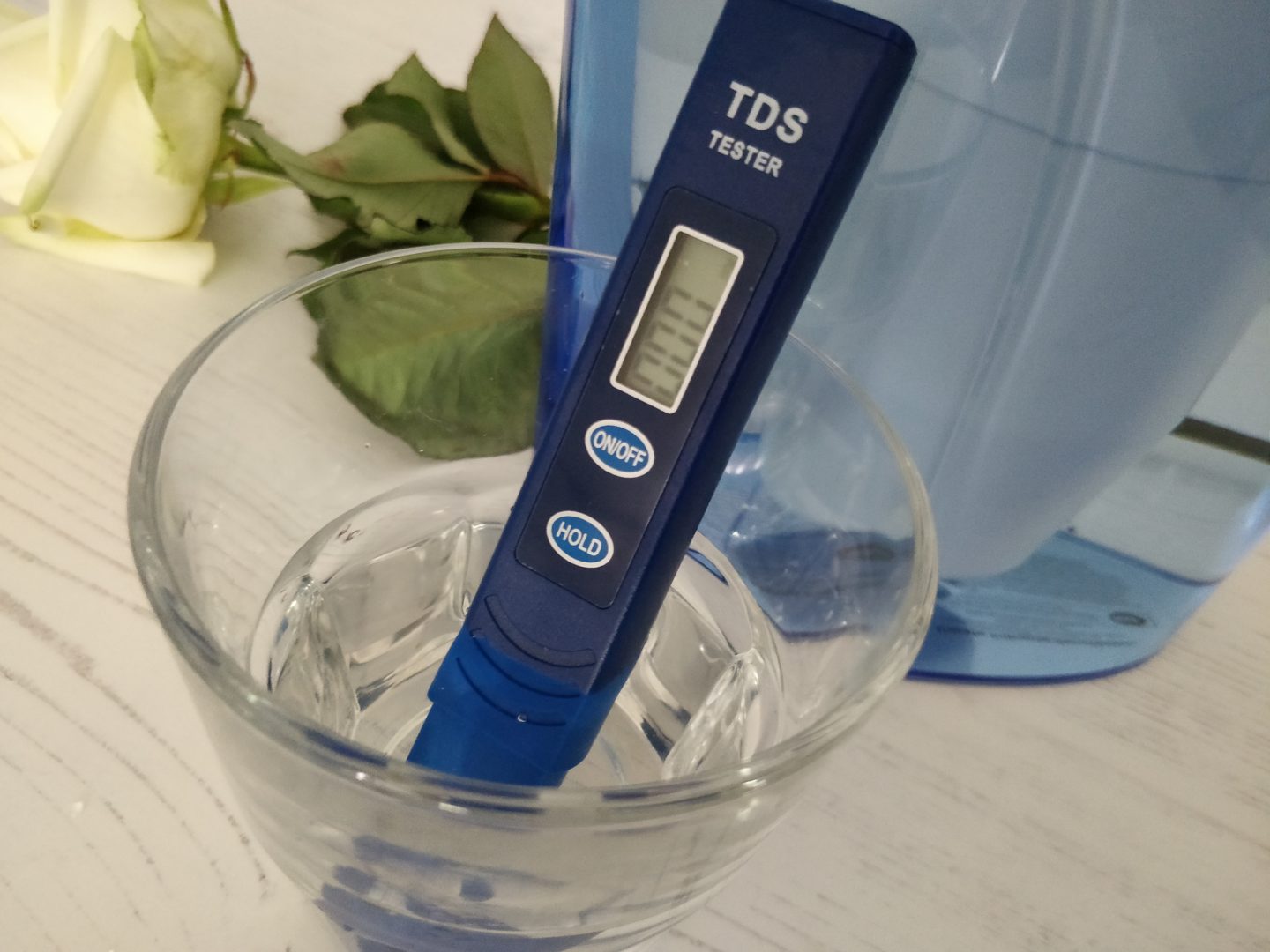
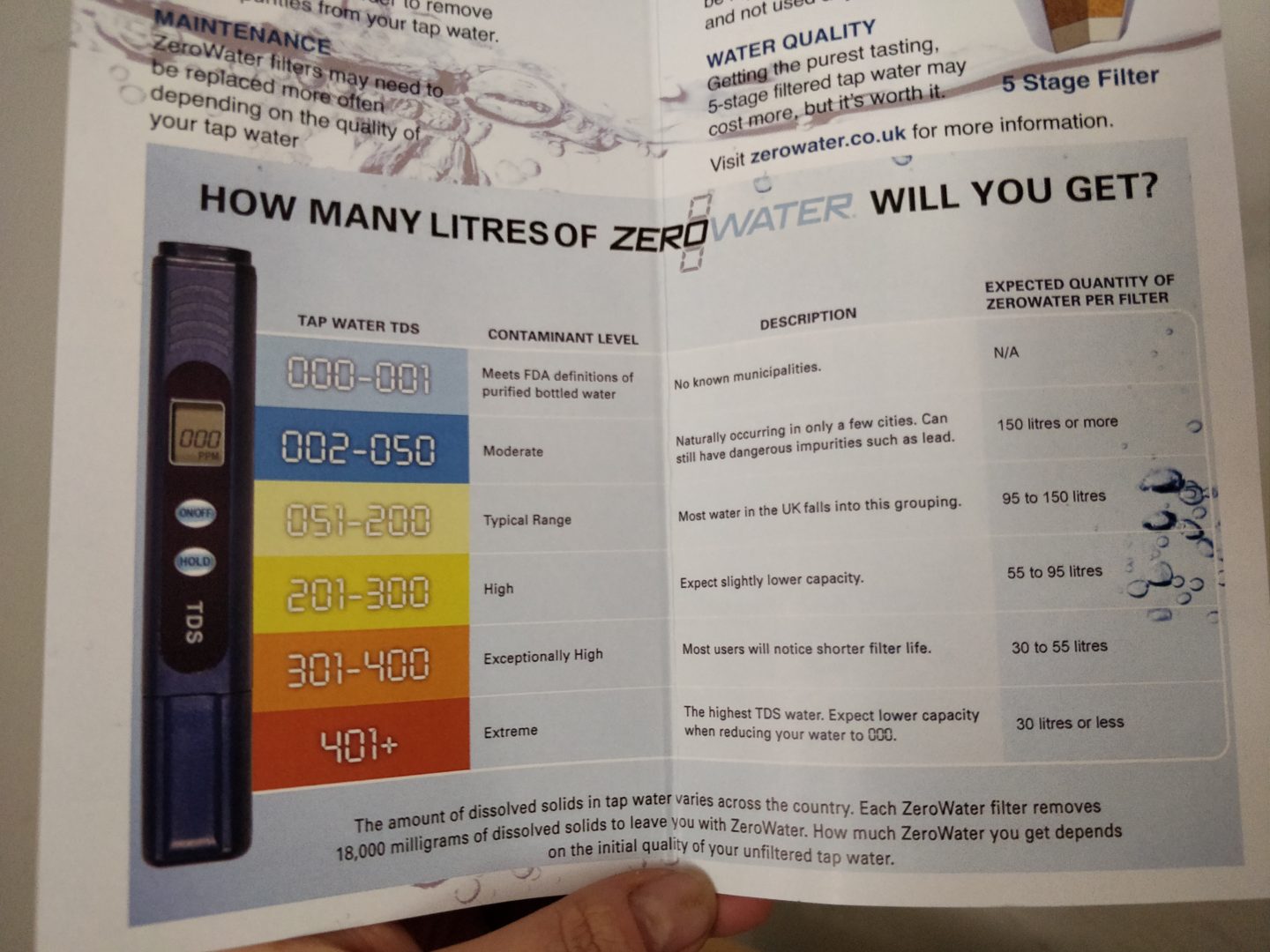


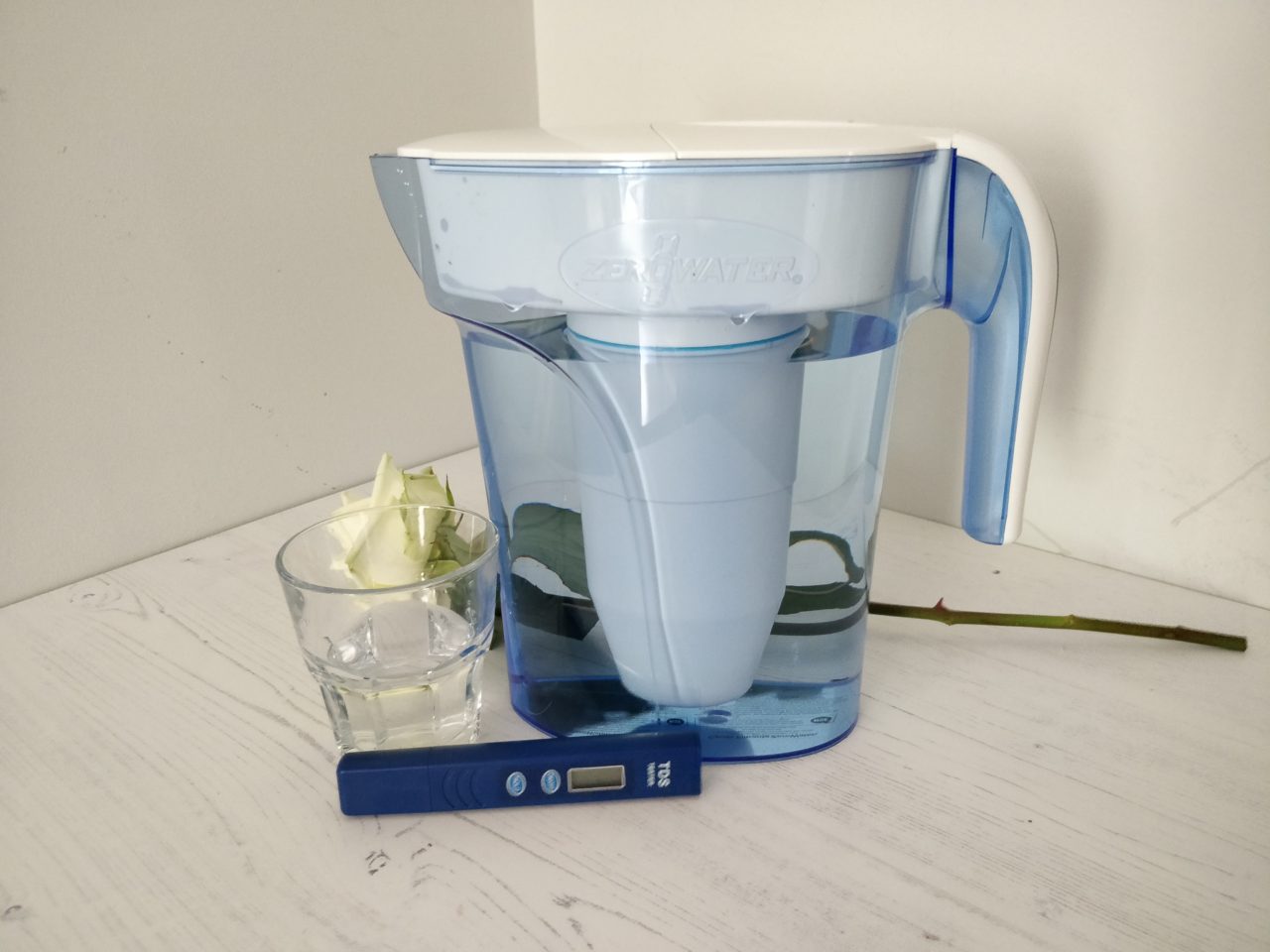
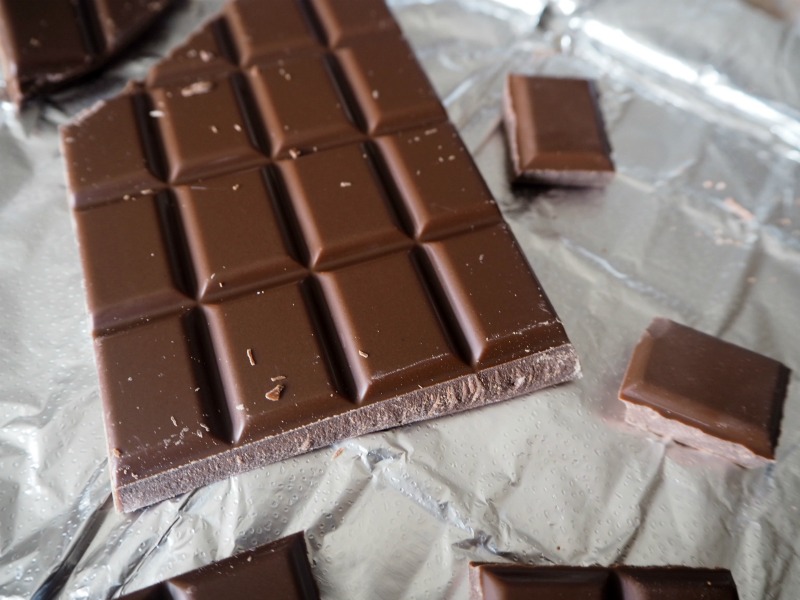






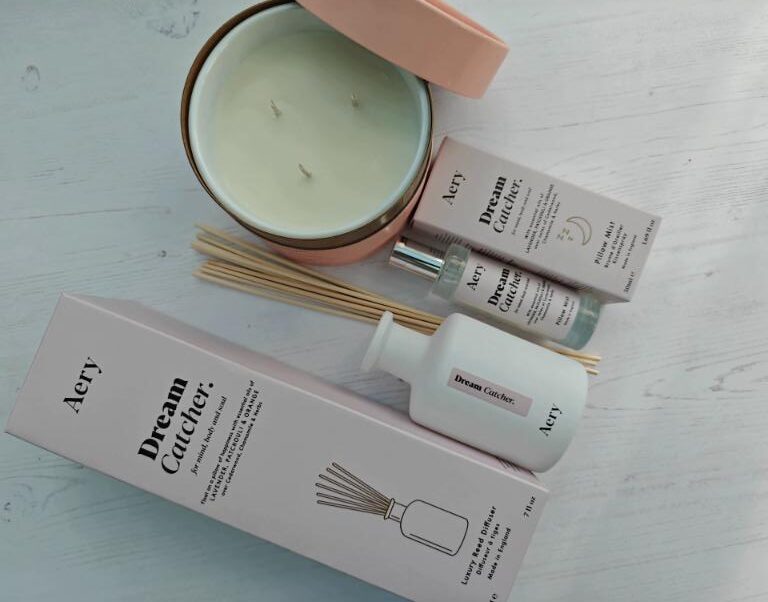
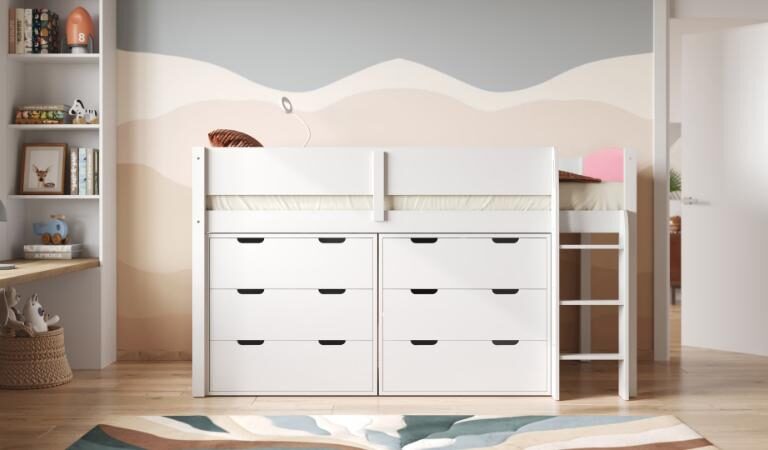


wow this is really interesting – I am trying to be more conscious of the water we have, but don’t want to be buy bottled plastic. This sounds great!
This sounds like a really interesting way to check your water. I have to admit I have never, ever checked ours and I am sure it isn’t that good. I should probably look into similar.
I stopped using a water filter a few years ago. I found the actual filters quite expensive to replace and it never felt like they did anything. I’m interested to try them again though.
Oh I’m using a water filter at home. When I used to live in the North East, the water was amazing but I found it a little salty after moving to the South.
We have something really similar as it does make such a difference to have filtered water and I never thought it would x
I drink a lot of water and so it’d probably pay for me to invest in one of these filters. My mum has one and I do think you can taste a difference in the quality of the water.